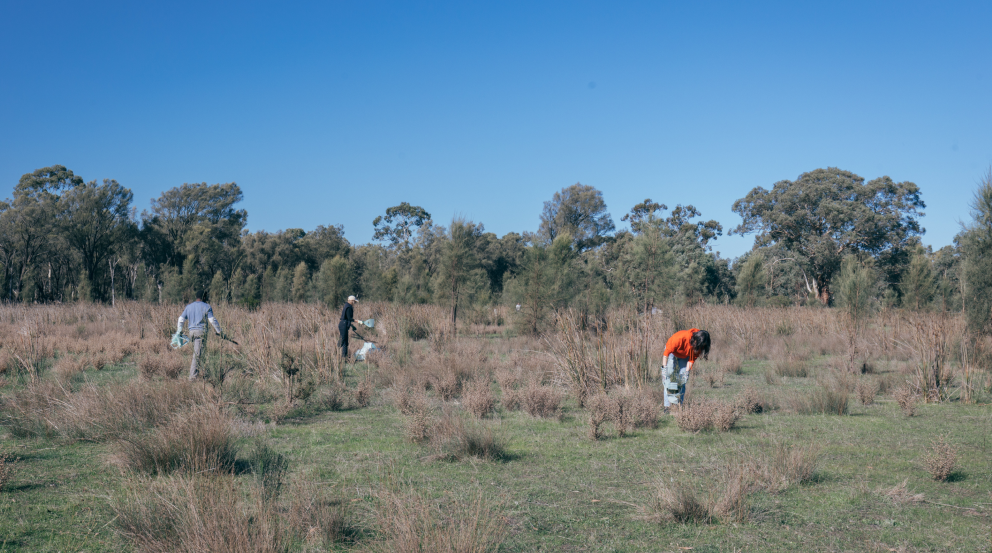When Bank Australia customer Stephanie Devine discovered how toxic the average bra is, she set out to make a botanically circular bra that could be composted in your backyard bin. We sat down to find out why.
When Bank Australia customer Stephanie Devine was diagnosed with breast cancer in 2006, she was told she’d need to find a non-wire bra – one with a proper cup size and made with a natural fibre – to get her through treatment. The only bras she could find that fit the bill were maternity bras.
“I’d just been told I’d never have kids after chemo,” Steph remembers. “For me, it was a really confronting, pivotal moment that stuck with me. Knowing that one in seven women are going to get breast cancer, and we’re going to need these things, why can’t we get them?”
.webp)
Steph started investigating making her own wire-free bras. But the more she dug, the more she discovered how toxic your standard bra actually is. The majority of bras are made from polyester, which is plastic. They have spandex in them – also plastic. They’re sewn together with nylon thread and often contain foam padding, which – again – is plastic.
“If we assume that the average women owns nine bras, and that there are around 2 billion people on the planet wearing them, that’s about 18 billion bras headed for landfill,” Steph says.
She set out to make a bra that was ‘botanically circular’; a garment using botanically sourced materials that, at its end of life, could be buried, burned, or thrown into your backyard compost without leaving any toxic trace.
And that’s what she did with The Very Good Bra.

Very Good Bras – along with the label’s undies and sleepwear – are made using organic cotton, tencel knits, tencel sewing thread and natural rubber, so are suitable for your backyard compost or worm farm when you’ve worn them to within an inch of their lives. A Very Good Bra, which ranges in size from an 8C to a 16E, will typically break down in compost in about three months.
Steph got mixed reactions when she told them she was making compostable bras. “Most people either laughed or did a double take and asked ‘Why??’,” she says. “But that was in 2016. Now, people realise how big the problem of plastics and landfill is, and that something needs to be done about it.”
With so much greenwashing across the fashion industry, particularly around ‘sustainable’ clothing, Steph suggests that all consumers do their research to ensure they’re getting the real (green) deal. “A lot of people are getting more savvy and they’re not prepared to take sustainability claims on face value,” she says. “But there are some great aggregators, like Ethical Made Easy and Good On You, where you can go to check things out. They rate brands according to supply chains, their materials and the way they look after their people in factories.”
.webp)
Last year, The Very Good Bra received B Corp certification and moved her banking to Bank Australia while working through the application process.
“Bank Australia was a natural choice for me,” she says. “There’s a CBD branch, the people are really helpful, and it’s nice to be associated with a bank that believes in the things that I do, and has gone through that same rigorous B Corp process.”
We have some truly amazing customers. Read more about them here.
Banner image taken by Elise Lockwood Photography
.jpeg)







